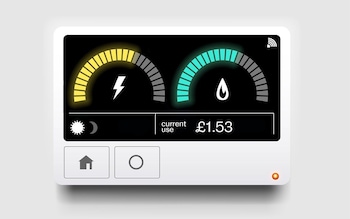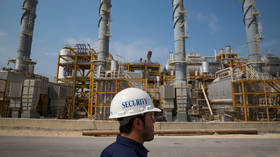Train drivers at 16 rail companies are to stage a fresh wave of strikes next week in a long-running dispute over pay, threatening to disrupt families across the country during the Easter school holidays.
The walkouts are the latest in a series of strikes carried out by the Aslef union in a 20-month row.
Union leaders have announced separate walkouts affecting the London Underground.
Here is everything you need to know about the national rail strikes:
When will the strikes take place?
- Thursday April 4 - Saturday April 6: Aslef members will refuse to work their rest days
- Friday April 5 - Monday April 8: Aslef staff will hold a rolling programme of one-day walkouts between April 5 and 8, coupled with a six-day ban on overtime.
- Monday April 8 - Tuesday April 9: Members will refuse to work their rest days
Which train lines are affected?
Friday, April 5: Drivers will strike on Avanti West Coast, East Midlands Railway, West Midlands Trains, and CrossCountry.
Saturday April 6: Strikes will hit Chiltern, GWR, LNER, Northern, and TransPennine.
Monday, April 8: Strikes will take place on c2c, Greater Anglia, GTR Great Northern Thameslink, Southeastern, Southern/Gatwick Express, South Western Railway main line and depot drivers, and SWR Island Line.
Why are the strikes happening ?
The Aslef union said it wanted to increase the pressure on the “intransigent” train companies and the “tone-deaf” government following a series of strikes stretching back 20 months.
Train drivers have not had a pay rise for five years, since April 2019, Aslef said. Union bosses said they had been in negotiations with the train operators, represented by the Rail Delivery Group (RDG), but had heard nothing further since gaining a fresh mandate for another six months of industrial action last month.
Aslef general secretary Mick Whelan said: “Last month, when we announced renewed mandates for industrial action, because under the Tories’ draconian anti-union laws we have to ballot our members every six months, we called on the train companies, and the Government, to come to the table for meaningful talks to negotiate a new pay deal for train drivers who have not had an increase in salary since 2019.
“Our members voted overwhelmingly – yet again – for strike action.
“Those votes show a clear rejection by train drivers of the ridiculous offer put to us in April last year by the Rail Delivery Group (RDG), which knew that offer would be rejected because a land grab for all the terms and conditions we have negotiated over the years would never be accepted by our members.
“Since then train drivers have voted, time and again, to take action in pursuit of a pay rise. That’s why Mark Harper, the Transport Secretary, is being disingenuous when he says that offer should have been put to members.
“Drivers wouldn’t vote for industrial action, again and again and again, if they thought that was a good offer. That offer was dead in the water in April last year and Mr Harper knows that.
“We have given the Government every opportunity to come to the table but it is now clear they do not want to resolve this dispute. They are happy for it go on and on.”
What have the train companies said?
A spokesman for Rail Delivery Group, which represents the 16 train operators impacted by the strikes, said: “Nobody wins when industrial action impacts people’s lives and livelihoods, and we will work hard to minimise any disruption to our passengers.
“We want to resolve this dispute, but the Aslef leadership need to recognise that hard-pressed taxpayers are continuing to contribute an extra £54m a week just to keep services running post-Covid.
“We continue to seek an agreement with the Aslef leadership and remain open to talks to find a solution to this dispute.”
Disclaimer: The copyright of this article belongs to the original author. Reposting this article is solely for the purpose of information dissemination and does not constitute any investment advice. If there is any infringement, please contact us immediately. We will make corrections or deletions as necessary. Thank you.



